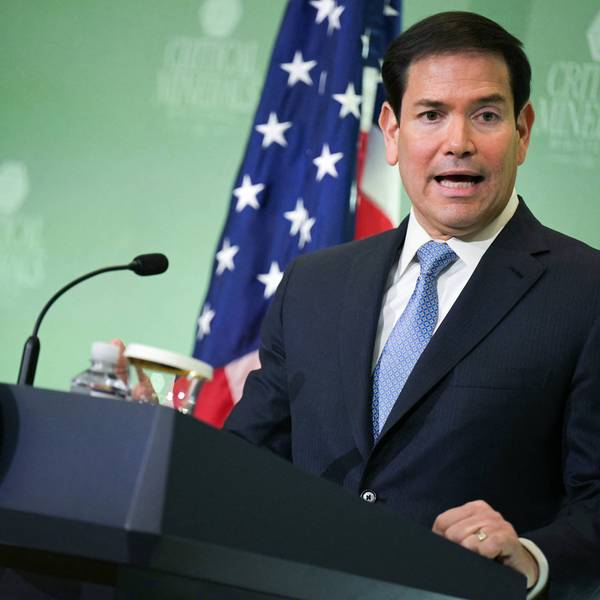Secretary Rex Tillerson will be sitting at a table with 20 foreign ministersTuesday discussing how to resolve the North Korean nuclear crisis. These ministers were chosen due to their nations involvement in the Korean War, not their expertise in North Korea. In fact, many of them have never even stepped foot in North Korea.
Across the street, at the same time, I, along with an international delegation of 16 women representing feminist peace movements from Asia, Europe, and North America, will convene to share their experience, knowledge, and wisdom garnered by working towards achieving peace and genuine security on the Korean Peninsula.
Drawing upon their collective expertise on militarism, nuclear disarmament, economic sanctions, and the human, social, and ecological costs of the unresolved 65-year Korean War, the delegation will recommend steps that can ensure a lasting peace on the Korean Peninsula. And yet, we can be sure no one at the official table will ever hear what we have to say.
I want a seat at that table, but more importantly, they should want me at that table.
I have spent my career advocating for an end to the Korean War. Most importantly, I have been to North Korea. In 2015, I organized a crossing of the most heavily fortified border in the world, bringing with me 30 women from around the world, including outspoken American feminist Gloria Steinem and two Nobel Peace Prize laureates into their country.
In addition to our historic crossing of the two-mile wide Demilitarized Zone (DMZ) -- and with the understanding that progress does not happen alone -- I helped peace activists from Colombia, Ireland, and Liberia, among others, share with the Korean women of Pyongyang and Seoul how they achieved peace back home against seemingly impossible odds.
Women represent half the the world's population, yet we're still grossly underrepresented at the highest levels of political decision-making (minister-level positions and parliamentary positions) as well as executive office (prime minister or president). Right now, the Trump administration is the most white and male of any presidential cabinet in the past 36 years. We can see this disparity play out daily in the Oval Office, but we see it most clearly, and most dangerously, in the handling of the North Korean nuclear crisis.
While President Trump tweets about "fire and fury" or his "nuclear button," Secretary Tillerson has doubled down on diplomacy. If Tillerson is serious about his desire for diplomacy, he needs women at the table. The inclusion of women peacemakers in the Vancouver meeting of foreign ministers will lead to a better outcome for all involved. Women's inclusion in peace processes not only leads to effective peace agreements, but also more durable ones. A major study by Inclusive Security, which spanned three decades, 40 peace processes, and 182 signed peace accords, found that when women's groups were involved in the peace process, an agreement was reached in all but one case.
Women think beyond "who wins" when it comes to war and peace. They think about the practical implications of conflict, the effects on communities, infrastructure, economy, and families -- and once they reach an agreement, it is women who are able to get community buy-in to make sure peace is lasting.
War between the United States and North Korea is the gravest threat facing our world, and we are closer to it than ever. The U.S. must invite women peacebuilders to sit at the table. They need a diplomatic breakthrough, which means they need us at that table with them. What do they have to lose?




